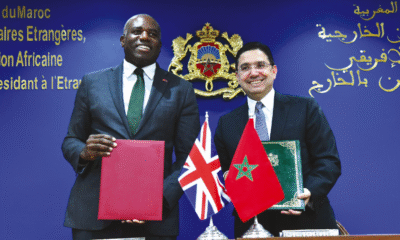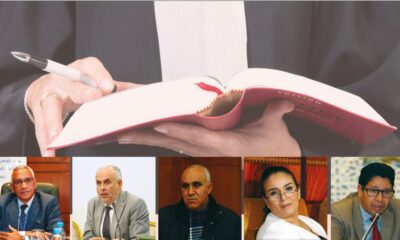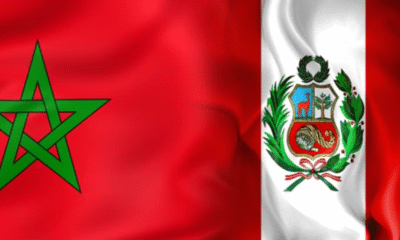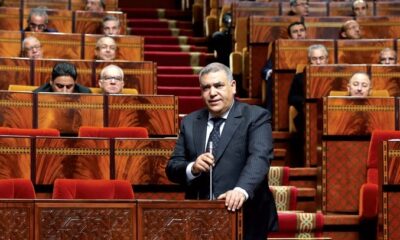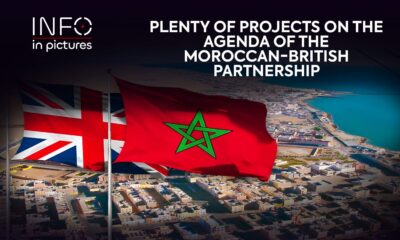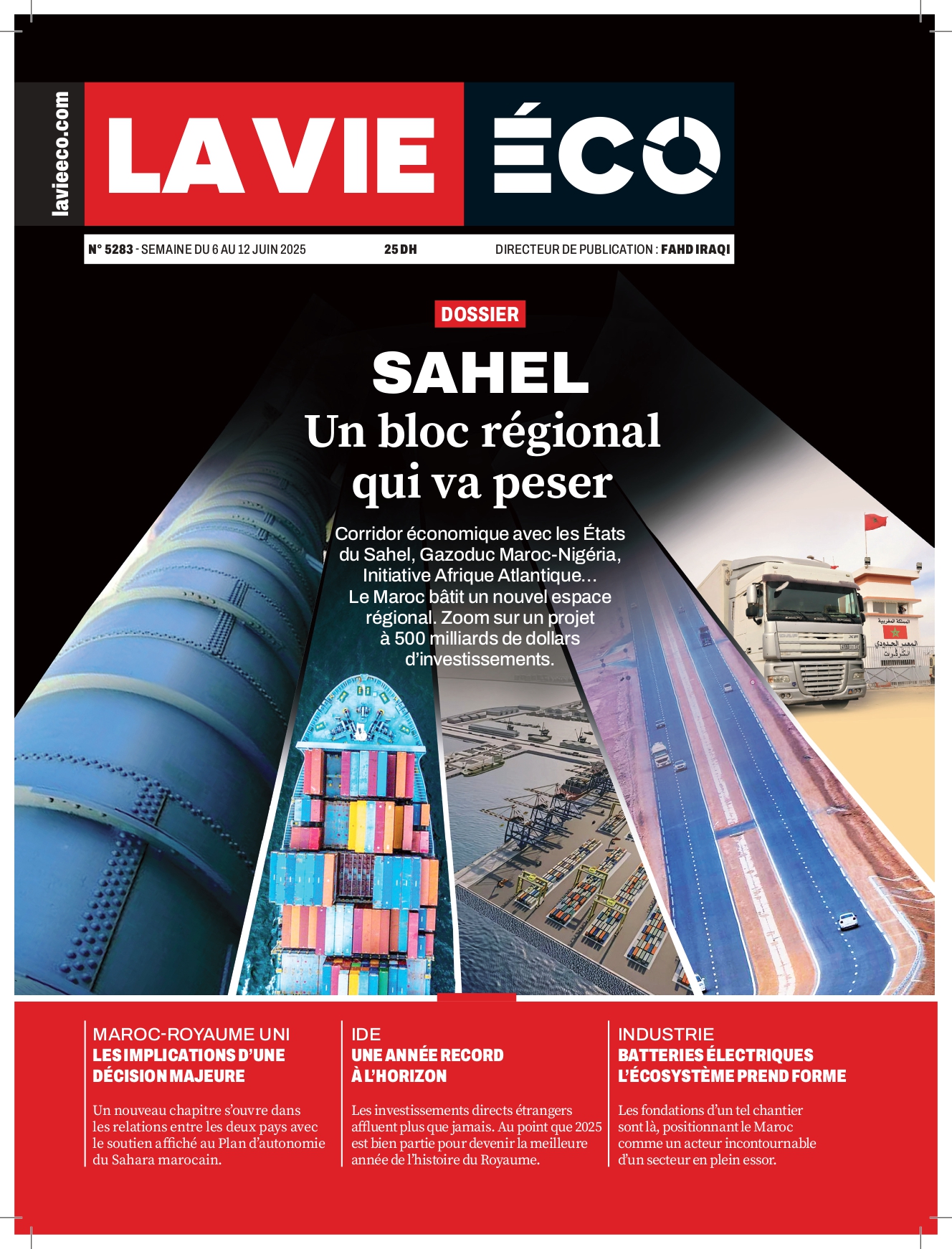Business
Victoria Forum Casablanca Round: A Turning Point for Africa’s Future
For the first time in Africa, the Victoria Forum Casablanca Round was held at ESCA École de Management, within Casablanca Finance City, on February 17-18, 2025.

Victoria Forum Casablanca Round marked a key moment in the continent’s quest for economic and political transformation. The central theme of the gathering—trust as a catalyst for sustainable development—emphasized the urgency for Africa to rely on its own strengths and foster strategic partnerships that benefit its people.
At the heart of the discussions was the historic speech delivered by His Majesty King Mohammed VI in Abidjan in 2014, where he declared that «Africa must trust Africa». This statement guided the debates, highlighting that trust is not only an ethical imperative but also a strategic necessity to ensure the continent’s long-term stability, economic resilience, and regional integration.
Rebuilding Bridges: A Call for Trust
The Victoria Forum brought together prominent figures from the diplomatic, political, economic, and academic spheres, including Isabelle Valois, Canada’s ambassador to Morocco, and Lahcen Haddad, vice-president of the Moroccan House of Councillors.
The forum’s agenda revolved around concrete solutions to restore trust among African nations, promote regional cooperation, and build an inclusive and prosperous future. However, beyond diplomatic speeches, one question remains: Will these discussions translate into tangible and lasting changes, or will they remain just another intellectual exercise with no follow-up?
A key session, titled «Empowering African Youth for a Sustainable and Trust-Based Future», highlighted forward-thinking strategies to harness Africa’s growing youth potential.
Shifting Mindsets: A Prerequisite for Change
Speaking at the event, Mohamed Abdirizak, former Minister of Foreign Affairs and International Cooperation of Somalia, highlighted the need for a change in mindset. Sharing his personal journey, he provided concrete recommendations to promote adaptive thinking and innovation.
Contributions from speakers outlined a roadmap combining: Quality education ; innovative policies ; adaptive thinking.
These elements provide clear and actionable guidance for leaders and economic players committed to Africa’s transformation.
Furthermore, when can we truly call a country home ? Is it a matter of faith and citizenship, or rather quality of life and well-being? Reflecting on this fundamental question, Abdirizak shared his personal experience and the introspection it inspired : «During my presidential campaign in Somalia in 2016, I traveled across Africa, Europe, and the United States, yet I never felt a true sense of belonging. It was only in Nairobi, Kenya—where I worked for the United Nations—that I finally experienced a genuine feeling of home».
This realization led him to ponder whether home is defined by ownership, family, familiarity, or comfort, concluding on the philosophical complexity of this notion.
The Future is AI: Opportunities and Challenges
Jaloul Ayed, former Minister of Finance of Tunisia, presented a holistic vision for empowering African youth. He emphasized the importance of: Quality education ; advanced digital and technical skills ; support for entrepreneurship ; civic participation ; sustainable community initiatives.
When addressing the challenges of artificial intelligence (AI), he warned: «If we fail to anticipate AI’s impact on nearly every sector—education, healthcare, the economy—we will be caught off guard. No industry will remain untouched».
For Ayed, foresight is key: «Understanding and anticipating—these are the critical factors. Without anticipation, we cannot prepare».
AI is already reshaping industries, with both positive and negative consequences. While it leads to job displacement, it also creates new opportunities and innovations. Ayed concluded by stressing the need for balanced policies that mitigate risks while maximizing AI’s benefits for society.
Youth Inclusion: A Young Perspective on Africa’s Future
Luís Filipe Tavares, former Minister of Foreign Affairs and Defense of Cape Verde, proposed an integrated approach focusing on: Education ; digital skills ; sustainable community initiatives.
He stressed that Africa faces critical challenges: political stability and good governance ; food security ; ealthcare access.
«Despite its immense wealth, Africa still struggles with food insecurity, exacerbated by crises like COVID-19 and the war in Ukraine. Healthcare access remains a major concern across the continent», he explained.
To overcome these challenges, investing in youth and AI is crucial. Training and educating young people will be key to building a resilient and prosperous continent.
However, the real challenge remains: Will African leaders translate discussions into measurable action? Or will the continent remain trapped in a cycle of unfulfilled ambitions and missed opportunities?

